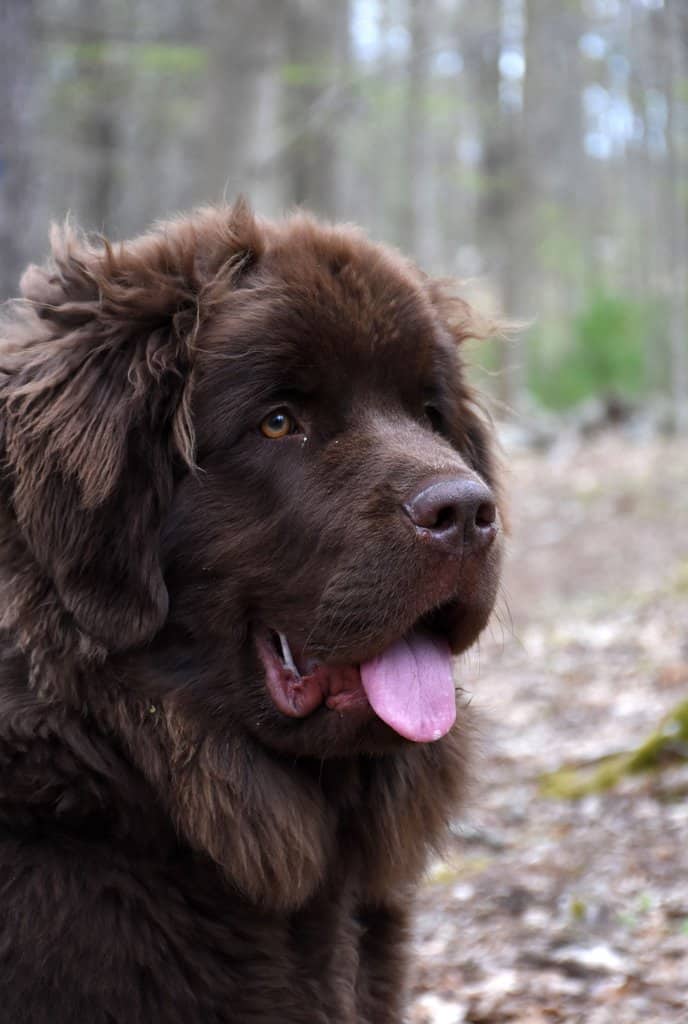If you’ve ever been around a Chihuahua, you know that these small dogs can pack a big punch when it comes to their behavior. They’re known for being feisty and sometimes even aggressive, but it can be difficult to determine whether that aggression is coming from a place of fear or true aggression. Understanding the difference between the two is essential to helping your Chihuahua feel safe and secure in their environment. In this post, we’ll explore the common signs of fear and aggression in Chihuahuas and provide tips on how to address each behavior. So, let’s dive in and decode Chihuahua behavior together!
Chihuahuas are known for their small size and big personalities. They are often described as feisty, energetic and fearless. However, sometimes that feistiness can turn into aggression. If you own a Chihuahua, it is important to understand the difference between aggression out of fear and aggression due to other reasons. In this blog post, we will explore how to decode Chihuahua behavior and understand fear vs. aggression in their aggressive behavior.
Understanding Aggression in Chihuahuas
Aggression in Chihuahuas can be caused by a variety of factors, including fear, territorial behavior, and dominance. Some Chihuahuas may also be aggressive due to poor socialization or past traumatic experiences.
It is important to understand that aggression is a natural behavior in dogs and is often a response to perceived threats. However, it is important to differentiate between aggression that is caused by fear and aggression that is not.
Aggression Out of Fear
Fear-based aggression is common in Chihuahuas. Fear can be caused by a variety of factors, including loud noises, unfamiliar people or animals, and past traumatic experiences. When a Chihuahua is afraid, they may exhibit aggressive behavior as a way to protect themselves.
Fear-based aggression can be identified by the following behaviors:
1. Raised fur and tail
2. Growling
3. Snapping
4. Barking
5. Hiding
6. Cowering
7. Trembling
If your Chihuahua displays any of these behaviors when faced with a perceived threat, it is likely that their aggression is based on fear.
.jpg)
Aggression Due to Other Reasons
Chihuahuas can also exhibit aggressive behavior due to other reasons, such as territorial behavior, dominance, or socialization issues. Territorial behavior is often exhibited when a Chihuahua feels that their home or possessions are threatened. Dominant behavior can be exhibited when a Chihuahua feels that they are in charge and wants to maintain their position.
Socialization issues can also cause aggressive behavior in Chihuahuas. If a Chihuahua has not been properly socialized with other dogs or people, they may exhibit aggressive behavior when faced with unfamiliar situations.
Identifying aggression due to other reasons can be done by looking for the following behaviors:
1. Raised fur and tail
2. Growling
3. Snapping
4. Barking
5. Stiff body posture
6. Lifting a paw or standing on tiptoes
7. Lunging or biting
If your Chihuahua displays any of these behaviors when faced with a perceived threat, it is likely that their aggression is not based on fear.
How to Handle Aggressive Behavior in Chihuahuas
If your Chihuahua exhibits aggressive behavior, it is important to handle the situation carefully. The following steps can help you handle aggressive behavior in Chihuahuas:
1. Remain calm: Do not yell or raise your voice as this can escalate the situation.
2. Remove the threat: If possible, remove the perceived threat from your Chihuahua’s presence.
3. Use positive reinforcement: Reward your Chihuahua for good behavior and ignore bad behavior.
4. Seek professional help: If your Chihuahua’s aggression is severe or does not improve, seek the help of a professional dog trainer or behaviorist.
Overall, understanding your Chihuahua’s behavior is essential in preventing and managing aggressive behavior. By understanding the difference between aggression out of fear and aggression due to other reasons, you can take the necessary steps to handle the situation safely and effectively. Remember to always remain calm, remove the threat, use positive reinforcement, and seek professional help if needed. With patience and consistency, you can help your Chihuahua overcome their aggressive behavior and live a happy, healthy life.
In conclusion, it is essential to understand your Chihuahua’s body language and behavior to determine whether it is acting aggressively out of fear or aggression. By paying attention to their cues, you can provide the right training and support to help them overcome their fears and anxieties. Remember, a well-trained and socialized Chihuahua can be a loving and loyal companion. With patience and dedication, your Chihuahua can overcome its aggressive behavior and become the perfect addition to your family.


.jpg)
%20-%20Copy.jpg)
%20-%20Copy.jpg)
%20-%20Copy.jpg)

.jpg)
